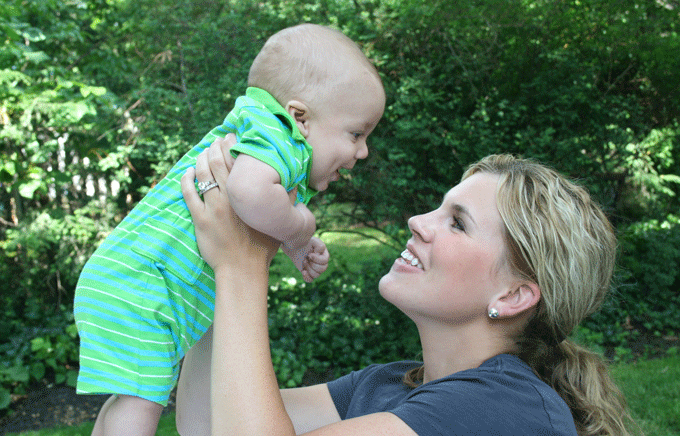My question is about my adopted Russian daughter, now 12 but adopted at 2, with issues regarding social interaction as she was always behaving about 3 or 4 years younger than her peers. Now she is in middle school and getting more withdrawn and ostracized by peers. These seem to be developmental problems and she has been in after school …
Q&A: Adopted Son Doesn’t Want to Eat or Drink
My husband and I just adopted a 17 month boy from Russia. He is at the 25 percentile for both height and weight. However, since arriving home he has begun refusing to drink or eat. He acts hungry, but then only takes a few sips or a few bites then turns his head, arches away from me, seals his lips …
Support Your Adopted Child in Developing New Eating and Sleeping Habits
Developing New Eating Habits When you adopt a child, there is usually an adjustment period as the child gets used to their new surroundings. If you have adopted an older child, it is important to consider their previous living situation when helping them settle into their new home. If the child came from an environment where they did not have …
Developing Healthy Attachments with Your Adopted Child
Steps to Help an Adoptive Child Develop Healthy Attachments While adoption has a positive effect on children, the child doesn’t know this when he or she leaves the institution. The child only knows that they are leaving behind everyone and everything they have ever known. It is typical then, for the child to react with unexplained crankiness, clinginess, or crying. …
Institutional vs. Home Life for a Newly Adopted Child
How an Institutional Setting Differs from a Warm, Home Environment If you adopt a child who has been living in an institutional setting, keep in mind that its often hard for children in these settings to become attached to their caregivers. The caregivers rotate in shifts and there are usually too few of them. A shortage of adult caregivers means …

